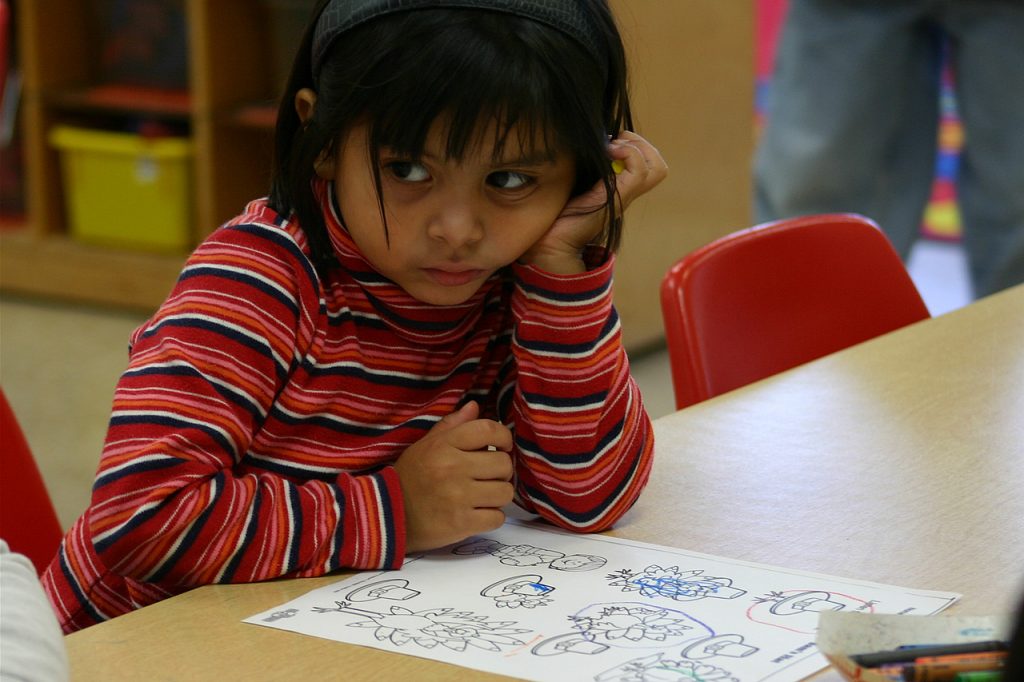Parental divorce can be a traumatic experience for a child, regardless of age. The older a child gets, the better they will be able to truly grasp the reasons on why their folks relationship did not succeed they way it should have, but no matter what age the child might be, the fact that their parents may no longer be together cannot be an easy one to come to terms with and sadly, could potentially have a long-term effect into adulthood.
Mentally disrupts life

The analysis shows that the effect of divorce on children will lead to emotional distress. This can lead to behavioural problems and a general loss of interest in life. Emotional distraction will make it hard for a child to concentrate on school work. Hiring a tutor and assisting with homework tasks will help the child re-focus on homework and increase grades.
Lower academic motivation

There is no question that divorce is traumatic for teenagers. One research showed that children whose parents are separated have poorer examination results.
This is no surprise, as a child can be forced to take sides and hear unseemly comments about their parents during a divorce. This may have a negative influence on their educational ambitions.
Might not complete high school

Living in a dynamic (divorce, non-marital) household causes dysfunction in youth, irrespective of age. This living arrangement lacks the same harmony, limits, and rituals as marriage-parent households do. As a result, children in a divorced-parent, separated-parent or single-parent family setting are statistically 24% less likely to be in high school.
One research showed that children who’s parents are divorced are also 26% more likely to drop out of high school. Suspensions and expulsions in schools are becoming more common. The report goes on to suggest that remarriage would not reduce the impact of divorce on the educational prospects of the child.
Understanding becomes misery

Divorce will weigh heavily on a child’s mind. They’re going through a distressing ordeal of a divorce that can make them feel lonely, unhappy, frustrated, and confused. As a result, studies have found that children of divorcees are more likely to suffer from ADD and hyperactivity problems than children with nuclear families.
Studies appear to demonstrate that, on average, children of separated parents at 13 years of age vary in reading ability from children coming from complete families. The subject of math, history, and science were all significantly lower than children who had married parents. They are also more likely to fall back in school.
Attitude problems at school

Any child, regardless of how he or she grows up, is bound to experience a little trouble at school. This can be caused by violence, difficulties in communication, or by their emotional entanglements. That said, there is no doubt that divorce will cause emotional distress in young people. This could relate to children misbehaving and skipping school. Studies reveal that children of divorced parents missed 60% more in school than their classmates who had the presence of both parents in a single household.
Parental divorce may ultimately lead a child to misbehaving in order to draw parental attention, or as a result of a lack in confidence.
Follow us on Instagram, Facebook or Telegram for more updates and breaking news.








